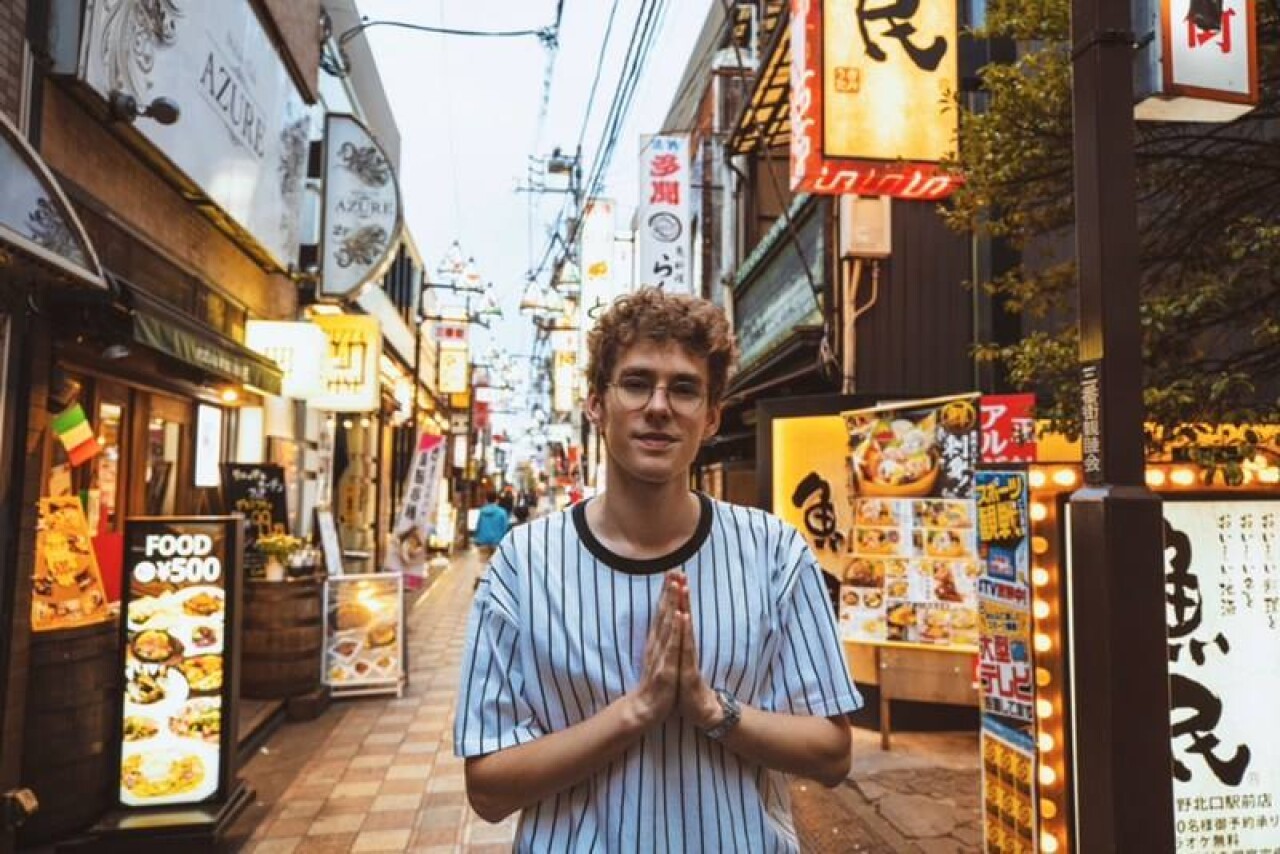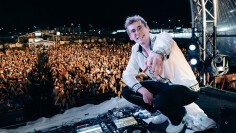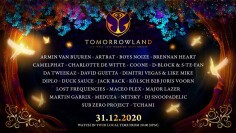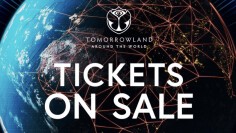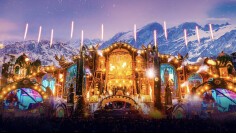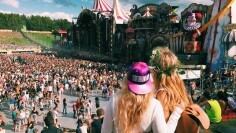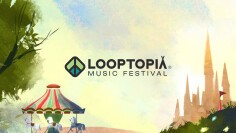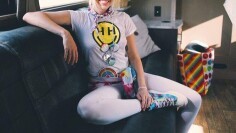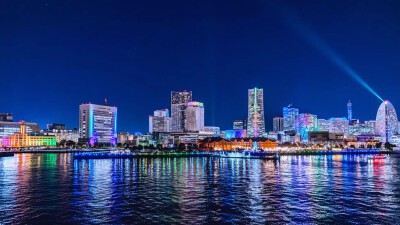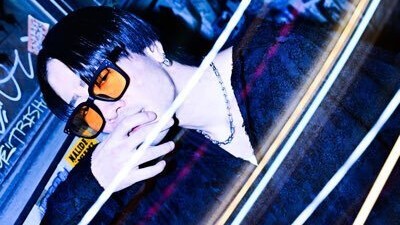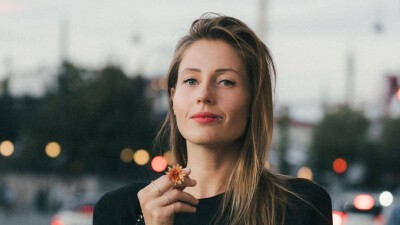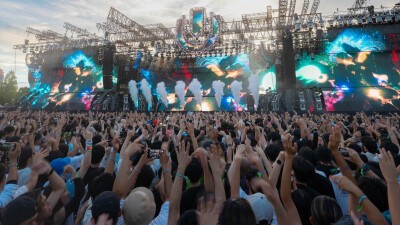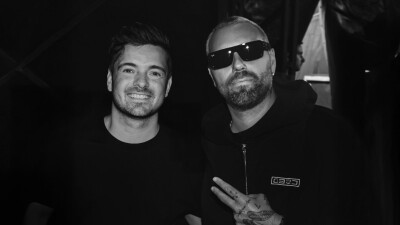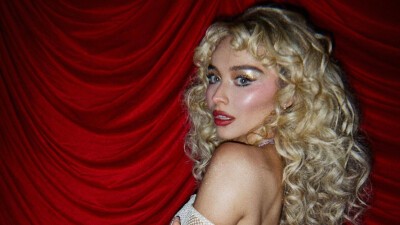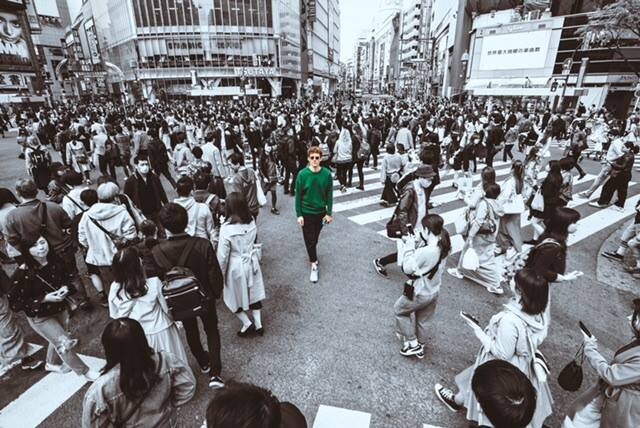
Q: This is the first time in Japan, right? What are your first impressions?
A: The only real experience I have is the restaurant, which was really nice. We had to take off our shoes and sit on our legs almost on the ground and we ate some sushi. Really good experience and everyone was very polite. I’m always really afraid to do something wrong because of the culture. I know they have a lot of respect here, so I don’t want to be disrespectful to the people.
I was with the promoters and my whole group. My photographer for the tour is the one I took to sushi. They were planning to do an Asian tour, so when they knew we were coming we planned to be in Tokyo at the same time so we can hang out together.
Q: You released your first album “Less Is More” last year. Is there any kind of message or meaning in that name or in the album?
A: One of the guys at my label in Belgium told me, “Your music is really less is more because there is not a lot of production, but the track is really big.” So when I was thinking about the album title, I was like, “Okay, this is gonna be the album title,” so that’s why this is called “Less Is More.” And then I wanted to make a more electronic version of the album, which is “Less Is More (Deluxe).” It’s a mix between more accessible music for everybody and more of the club vibes. I mix everything together to have more energetic sets, and that’s what I am playing in my sets right now. It’s really fun. The second album is like "more is more," but it is the deluxe version of “Less Is More.”
Q: It’s kind of hard to pinpoint Lost Frequencies into any specific genre or style. What are your roots and what kind of influences support your music?
A: When I was at boarding school and everybody was listening to electronic music, like 10, 15 years ago, it was still coming up pretty hard and these guys like Hardwell and Avicii were releasing one track a month. Everything was going really fast and I was a big fan of it, because it was growing a lot. This is the beginning when they start touring and then Swedish House Mafia arrived. It was like a whole movement and I was really inspired by those guys, but then, I’m a really big fan of indie rock and that’s what I love to listen to, and when I started to make music I was trying to make the same sounds like the big guys, and at some point, I was like, you know what? I really like indie rock and maybe I’m gonna make remixes. I’m gonna do remixes from tracks that I love from indie rock like EDM versions, deep house versions. That’s what I did for the first time. I did a remix version for Peter Von Pouhl’s “The Story of the Impossible,” which is really slow, from there on I did Lost Frequencies project and built onto what I do now.
I was making remixes of the old tracks that I used to listen to and those tracks would be the Lost Frequencies that I take back.
Q: When did you reach that point when you realized that you should be focusing on making music?
A: It’s the influences I had, and then Wankelmut arrived with “One Day,” and I was like, oh, this means somehow more to me than a drop. The vibe, you just close your eyes. It’s electronic music, but you can just enjoy the lyrics and the guitar, the bass, and the kick, and it’s still very clean. It’s what I loved from EDM, but with guitar sounds. And I was like, “this is something what I really want to do,” so I put aside my other projects and started Lost Frequencies. And of course, that was when Robin Schulz was coming up and he also had this very guitar-vibe and it was very inspiring.
I’m really curious what’s next because somehow people get a little bit bored by that chill stuff, they want to go a little bit harder. So now in the US, you have the guys going really hard in dubstep. So, what I do now is I have a lot of influences from tech-house and more electronic sounds, so I have my original versions, which are really slow and laid-down and beach-vibes, and I make the original, then I make the remix for my set which is more electronic sounding and I feel like it’s something I really like because I can play the melodies I like, but then I can go a little bit harder, and I can go back and do a kind of mix between the two.
Q: So, let’s say you were organizing a festival in Japan, what kind of artists would you book and what kind of festival would you like to make?
A: I think I would... ah, what is my budget (laughs)? I think I would go for a crossover festival, I have live acts and DJs, and I would put Flume in the live acts. I’m a really big fan. And I gotta see the market, which DJs are new and which acts work really well and which one fits in the vibes and what I can do with that to put the headliners, and I can put more artists that I really like.
I would love to have What So Not, and also side projects. Maybe Troyboi, also. I would go for Billy Kenny. He’s got these G-house-vibes. It really depends, just artists that really have a vision of what they are trying to do, what they are trying to connect, when they come and show up and what they’re playing, not just DJs playing the top 100, so people with real identities and really playing their albums.
But of course, you have to have the big DJs headliners sometimes, I’d like to have Calvin Harris but I don’t really know what he’s doing at his DJ sets. I don’t really know what he’s playing, but I like his latest song with Dua Lipa. I think I would book Dua Lipa.
Q: A lot of artists these days are really trying to create a cool look and dress in leather jackets, but you seem to be more natural and casual in your appearance. What’s the reason for taking a different path?
A: I never thought about it because this is just what I like to do. I was in Miami two weeks ago for the Miami Music Week, and all the DJs were walking by and you can immediately spot a DJ. They’re all dressed in black, everyone was in black, and I was just walking by in my swim shorts and sports shirt and just chilling around. People don’t think I’m a DJ and I arrive and I go on the stage and it’s just something different. And people told me that it’s cool because you don’t look like a DJ, but you are. And then at the end, you start thinking about it because everybody tells you that you don’t dress up like a DJ like you asked me. Sometimes it’s handy, black. Because it doesn’t really get dirty; it’s easy to match when you dress up. But it’s cool to have different clothes. When you have funky clothes people like it.
